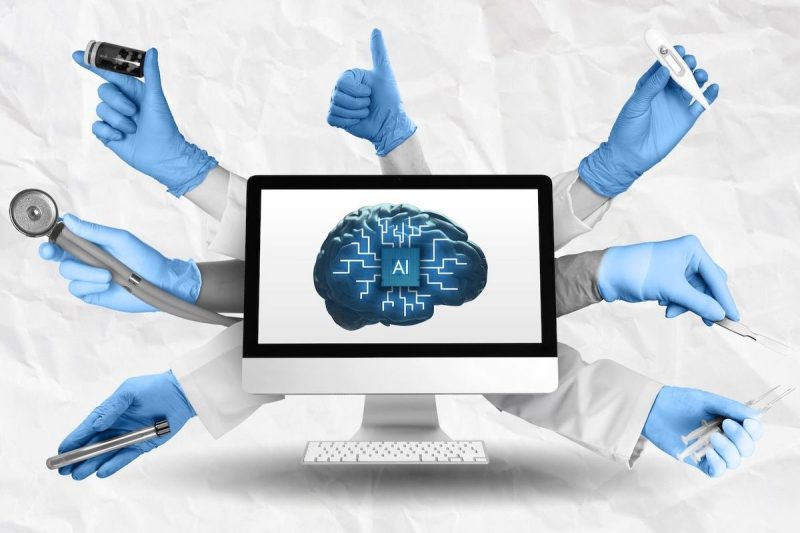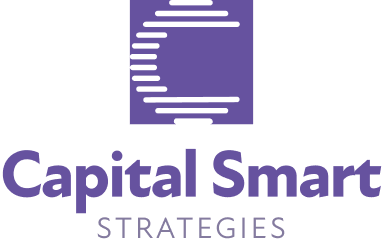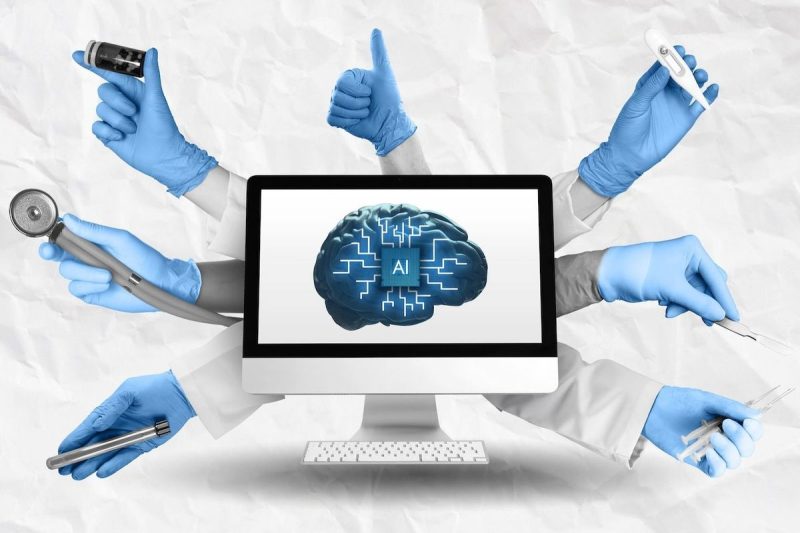
Suki AI, a healthcare-focused startup, has secured US$70 million in a Series D funding round aimed at further developing its artificial intelligence (AI) assistant tools for hospitals and medical providers.
Reuters reported that the latest round brings the company’s total funding to US$165 million and, according to sources familiar with the deal, valued Suki at around US$500 million.
Founded in 2017 by Punit Soni, a former Google (NASDAQ:GOOGL) and Flipkart executive, Suki specializes in developing AI-powered voice assistants designed to alleviate the administrative burden placed on healthcare professionals.
The company’s flagship product, Suki Assistant, is widely used to streamline clinical documentation tasks such as retrieving patient information from electronic health records, taking medical notes and assigning standardized medical codes.
These functions enable healthcare providers to focus more on patient care while reducing time spent on data entry. For instance, Suki Assistant’s speech recognition feature allows doctors to generate medical notes more quickly, helping them complete tasks like reviewing patient histories and summarizing visits with less manual input.
Additionally, the AI can automate the coding of diagnoses and procedures using the ICD-10 system, streamlining the process of documenting patient encounters.
Suki’s products have gained traction as healthcare systems increasingly explore AI solutions to optimize clinical workflows. Since its inception, the company has established partnerships with over 300 health systems and healthcare providers.
Suki’s AI tools also integrate with major electronic health record platforms, such as Epic, Oracle’s Cerner, Athena and MEDITECH, giving it one of the broadest EHR integration portfolios in the industry.
Through the funding, the company aims to enhance the company’s product offerings and accelerate product development.
Despite the momentum, Suki faces competition from several key players in the market, as the healthcare industry has been increasingly adopting AI technologies in recent years.
Microsoft-owned Nuance, which offers Dragon Medical One, is another major presence in the space of AI-based speech recognition and clinical documentation tools. Other startups, such as Abridge, which has raised US$150 million, are also vying for a share of the growing medical AI sector.
Suki has managed to accelerate its growth ahead of its competition. One recent development includes a partnership with Maryland-based MedStar Health, which is rolling out Suki AI to thousands of its clinicians.
According to the company, over a dozen other healthcare systems have either adopted the platform or expanded their use of it within the past two months.
Securities Disclosure: I, Giann Liguid, hold no direct investment interest in any company mentioned in this article.

